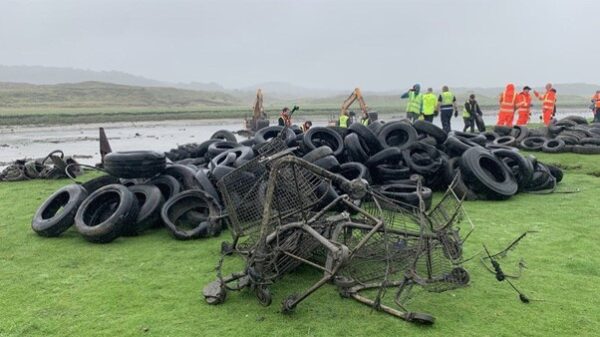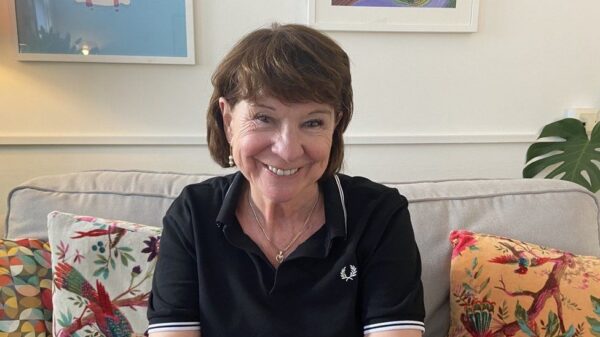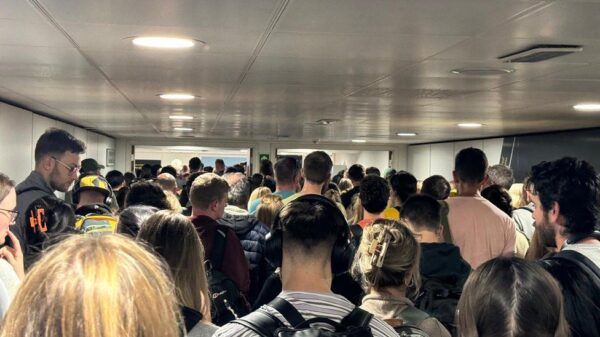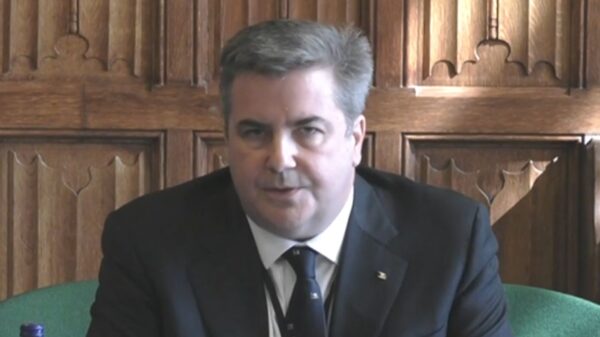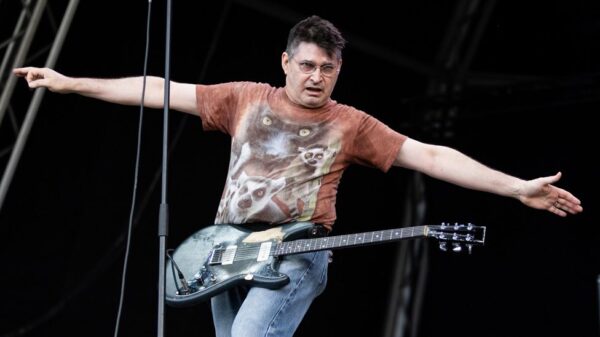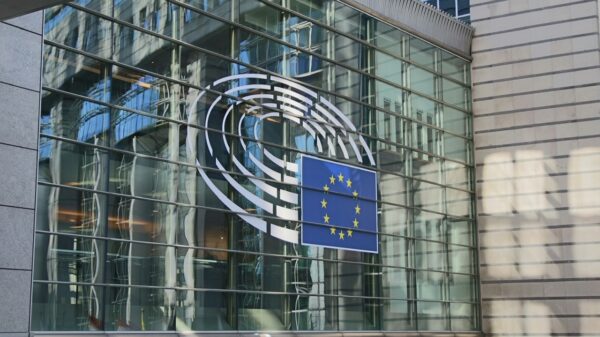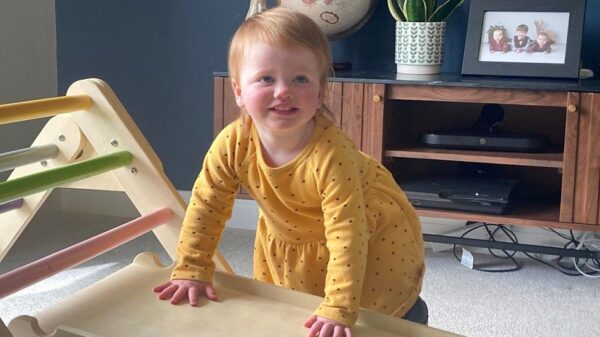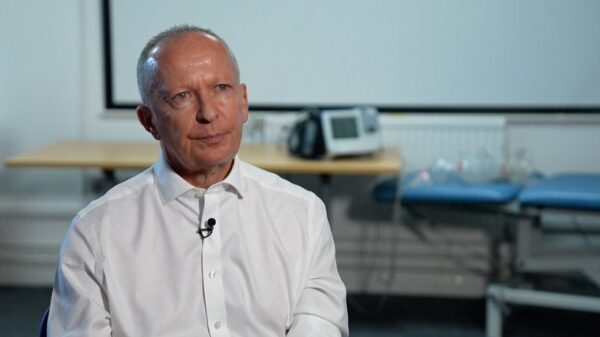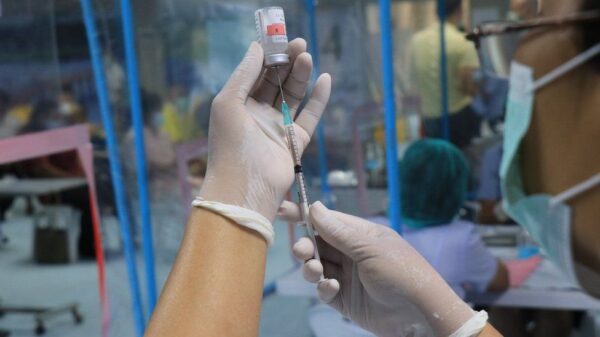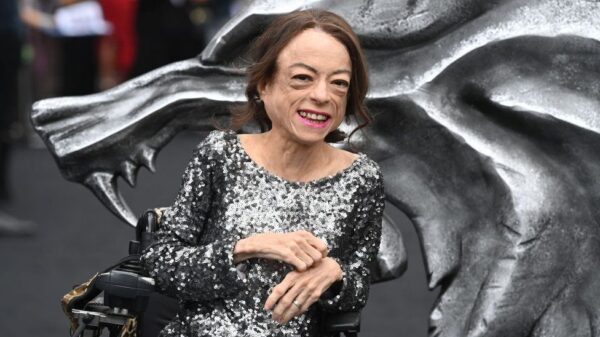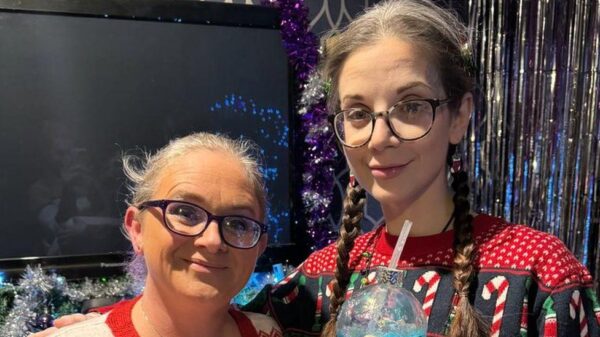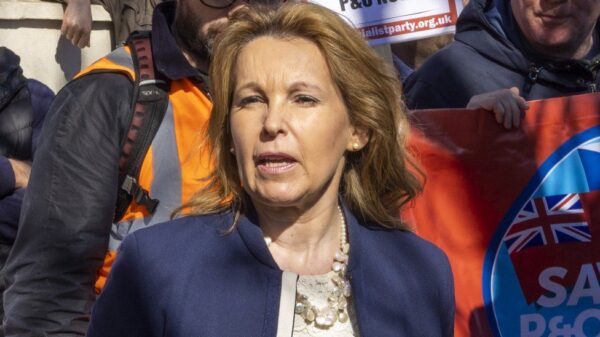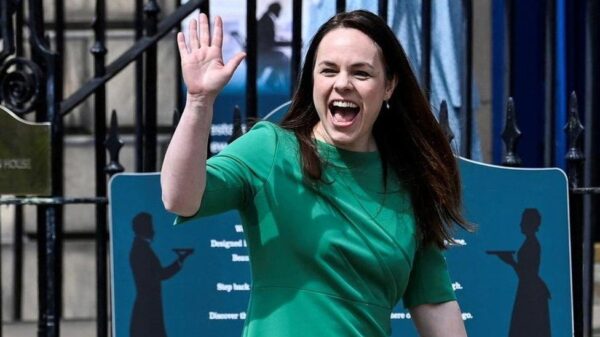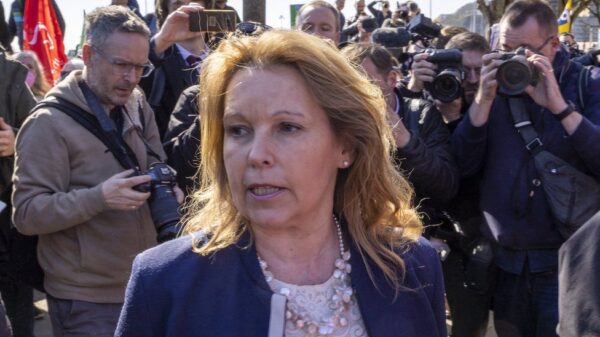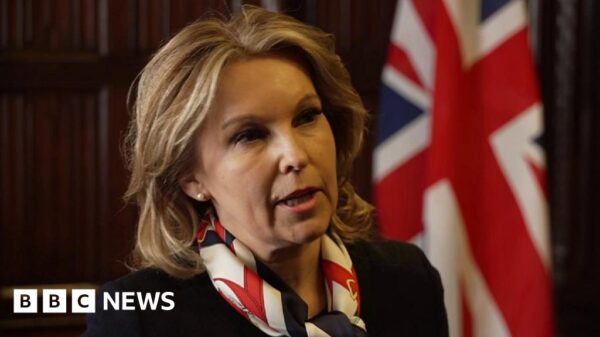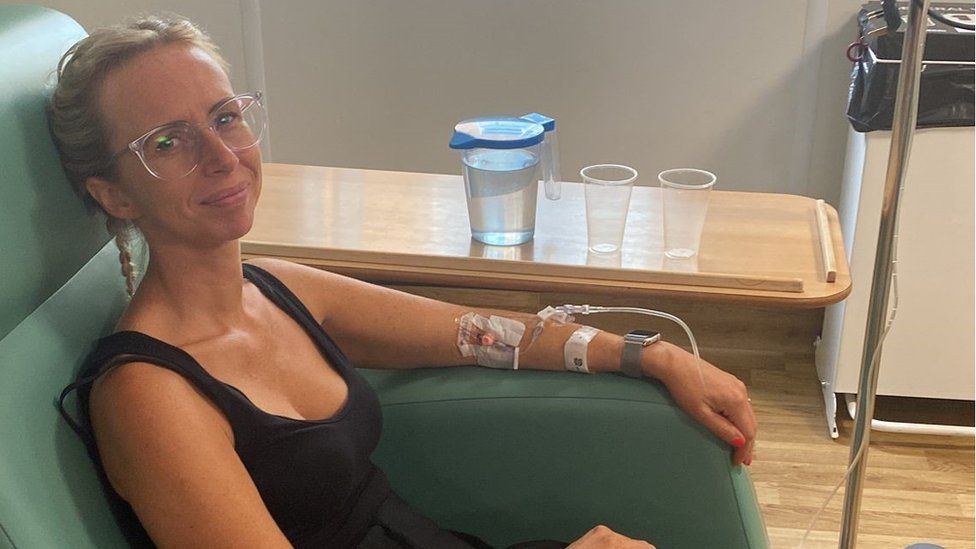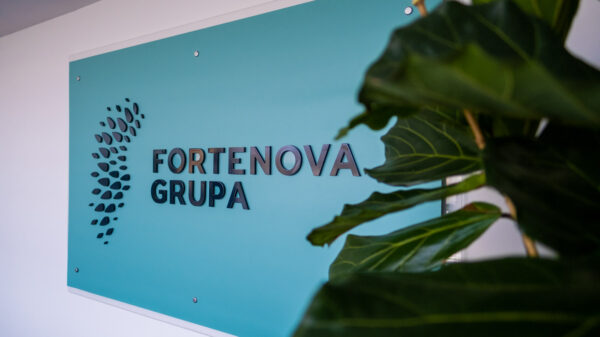-
Published
A woman who receives a medicine that helps her fight a rare disorder said her treatment is “like a miracle”.
Emma Stone, from Lower Earley, Berkshire, went from having pins and needles in her hands to often needing a wheelchair to leave her home.
The 38-year-old’s medicine is made out of plasma taken from donations and she has been treated in Reading since receiving a diagnosis in January 2022.
The town is home to one of England’s three plasma donation centres.
The beautician was diagnosed with chronic inflammatory demyelinating polyneuropathy (CIDP) and received immunoglobulin, a medicine made from antibodies found in plasma.
Every three weeks, she goes to the Royal Berkshire Hospital in Reading to have three infusions of it over three days.
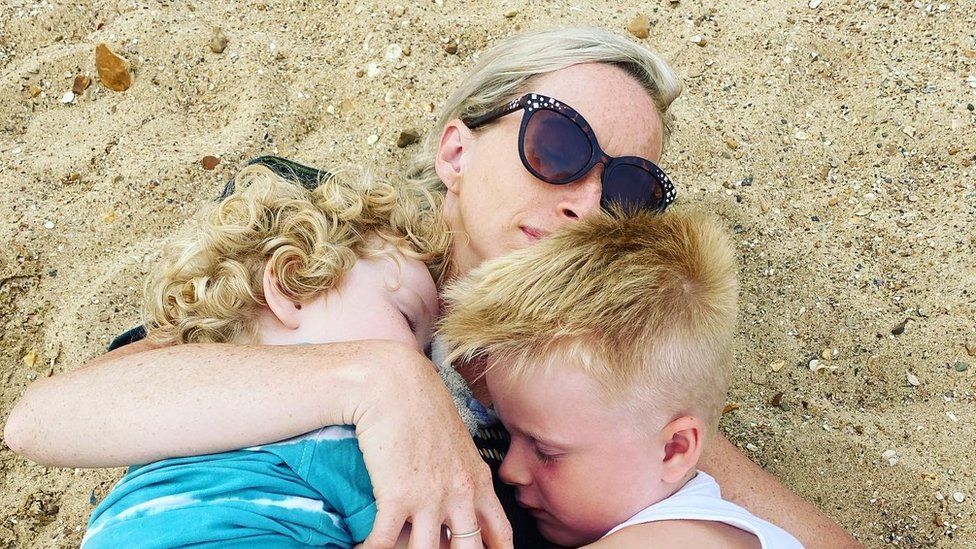
“Immunoglobulin has just changed my life completely. It’s enabled me to work again, to be a mum again. It keeps me stable so I won’t dip again,” she added.
Plasma is a yellow liquid that carries everything around the body, including antibodies.
When people donate, a machine separates up to 700ml of it from blood. Donations take about 35 minutes and visits take about one hour and 15 minutes.
NHS Blood and Transplant said there was a “growing need” for immunoglobulin, which is used to treat more than 50 diseases.
It said it needs about 600 more people this year to donate plasma at Reading’s Plasma Centre, in King’s Road, to help save lives.
Another woman whose life was saved by plasma donations after she was struck by a rare autoimmune disease has urged people to donate if they can.
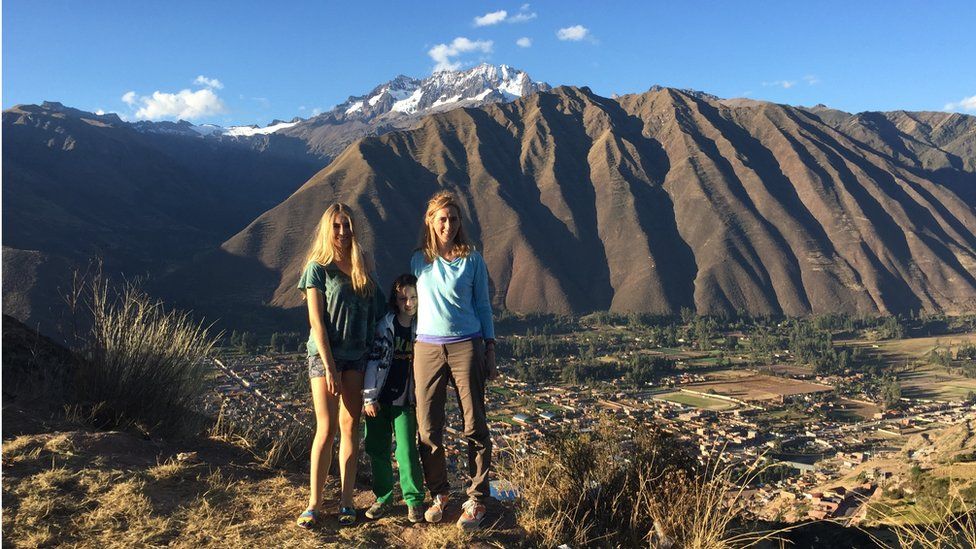
Rebecca Kaye, from Oxford, contracted Guillain-Barré syndrome (GBS), in which her immune system attacked her nerves, in April 2015.
She was admitted to the city’s John Radcliffe Hospital and was given immunoglobulin.
After a week of being in intensive care, she showed signs of improvement and she left hospital in early May 2015.
By mid-June, she was able to travel around Brazil, Colombia, Peru, Bolivia, Chile and Easter Islands for a month.
“I asked many medical professionals how I went from being effectively paralysed to being able to travel the following month,” she said.
“No one could give a definitive answer, but the consensus was it was because I got diagnosed and started on [immunoglobulin] so quickly. I am very grateful to everyone who donates plasma.”

Follow BBC South on Facebook, X, or Instagram. Send your story ideas to south.newsonline@bbc.co.uk or via WhatsApp on 0808 100 2240.
-
-
Published13 November 2023
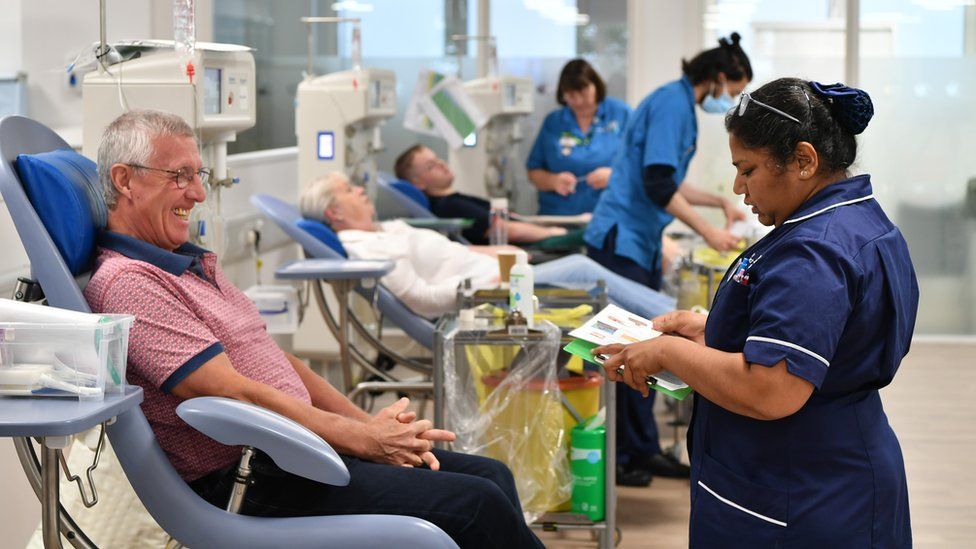
-
-
-
Published28 July 2023
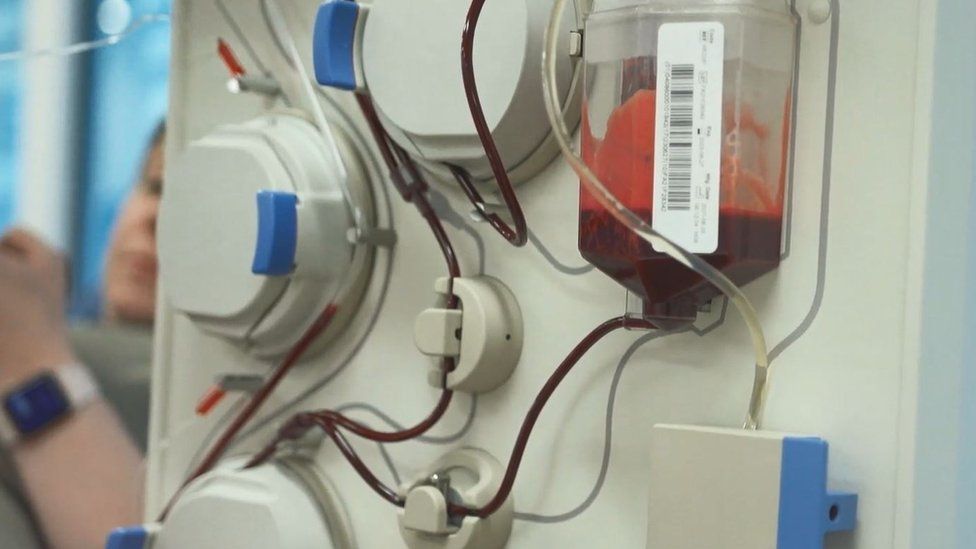
-
-
-
Published21 July 2021
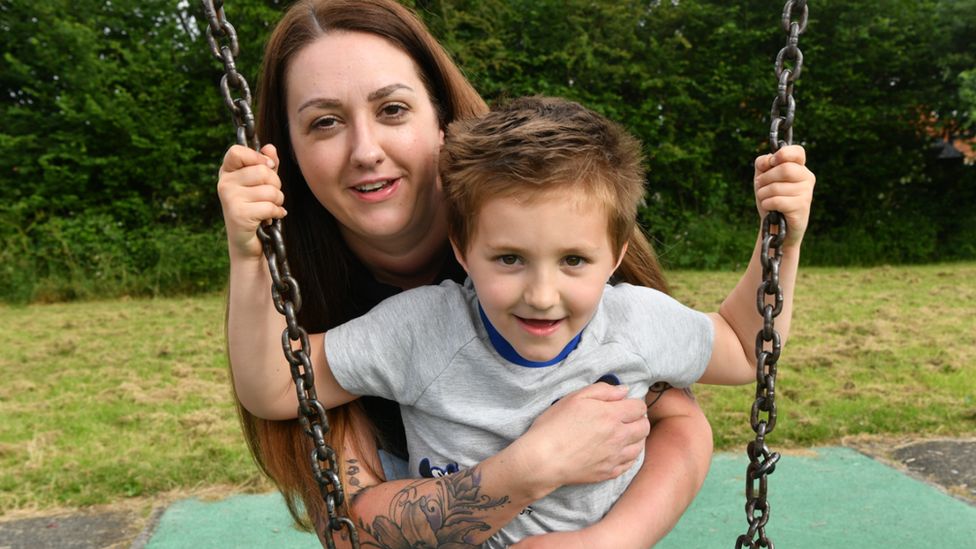
-
Related Internet Links





